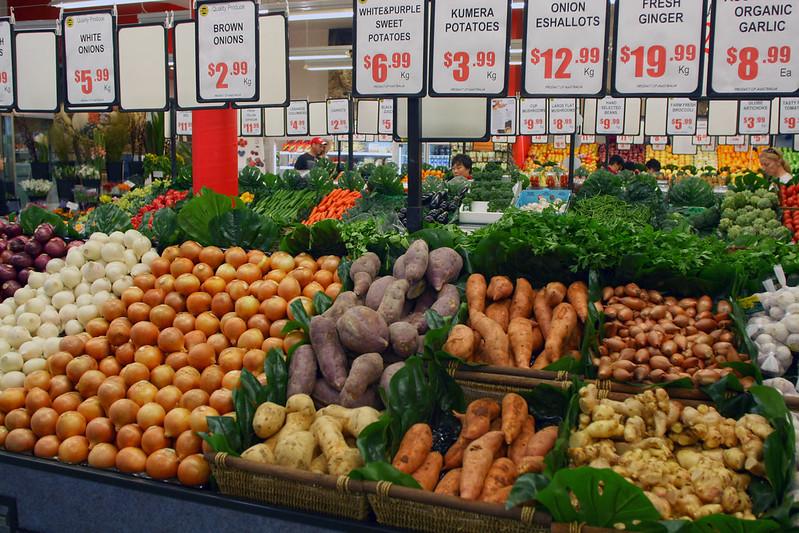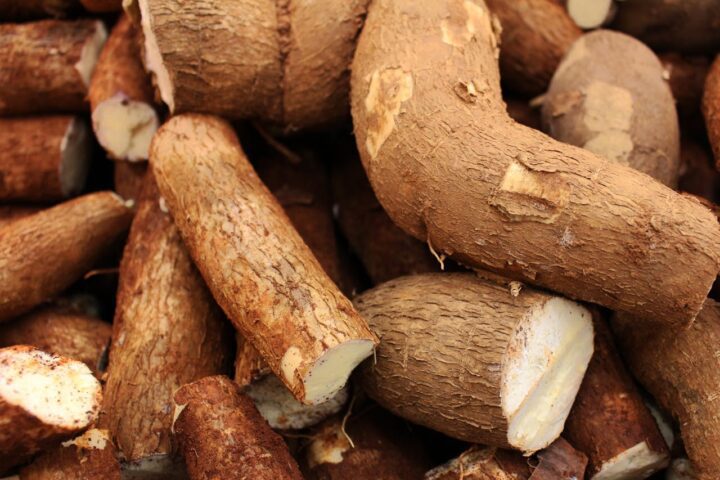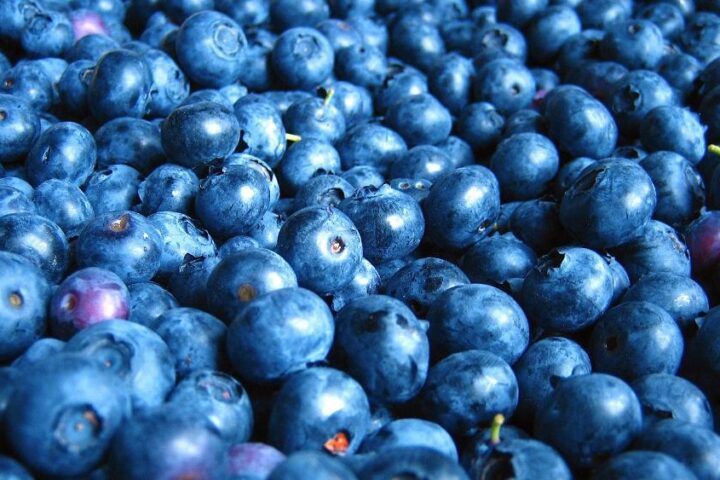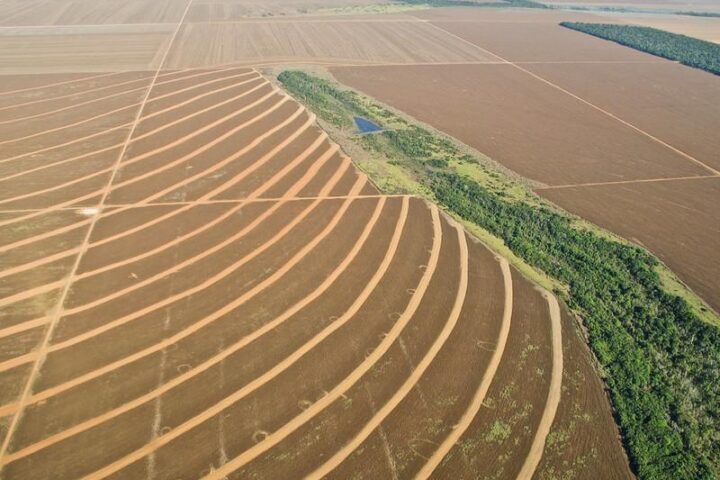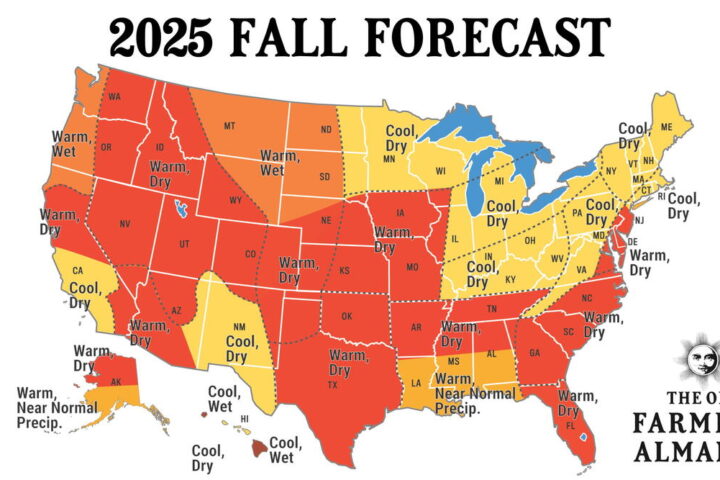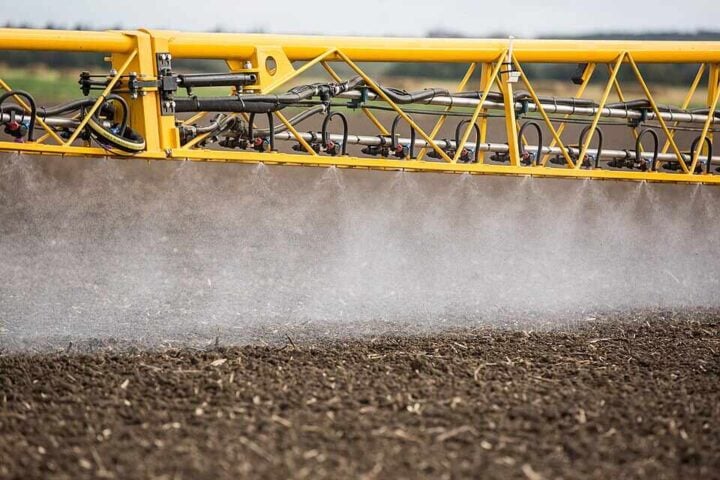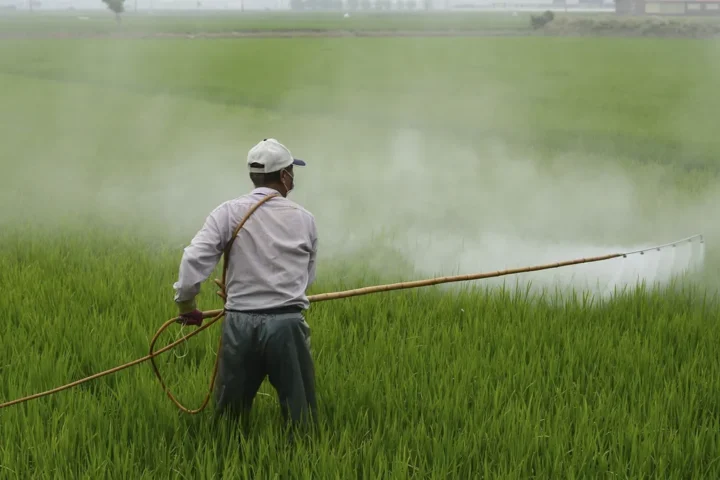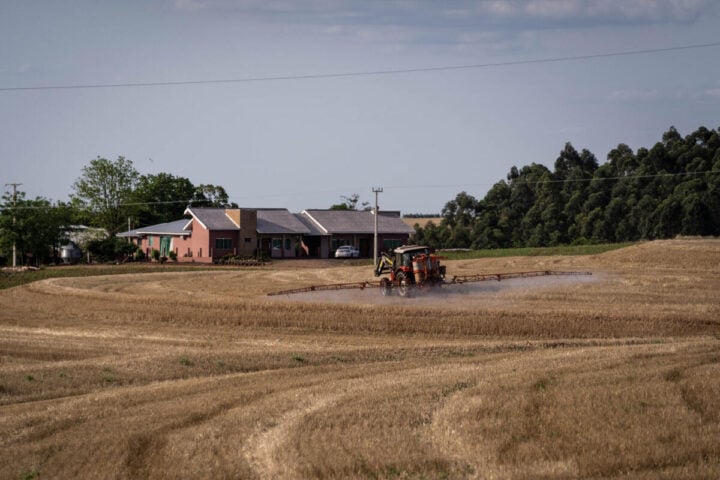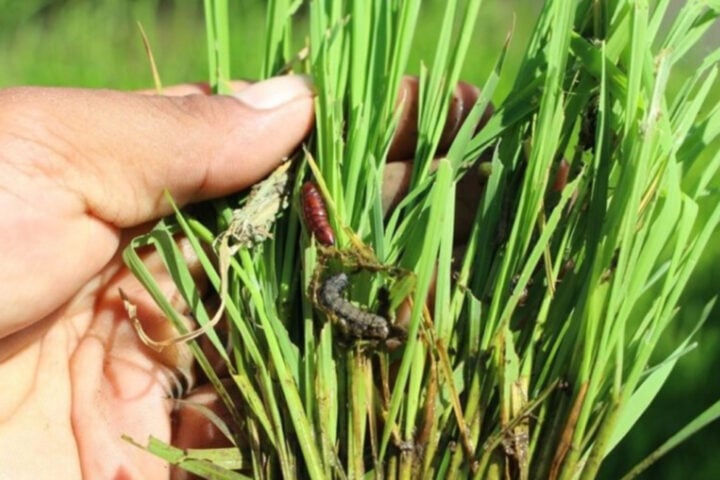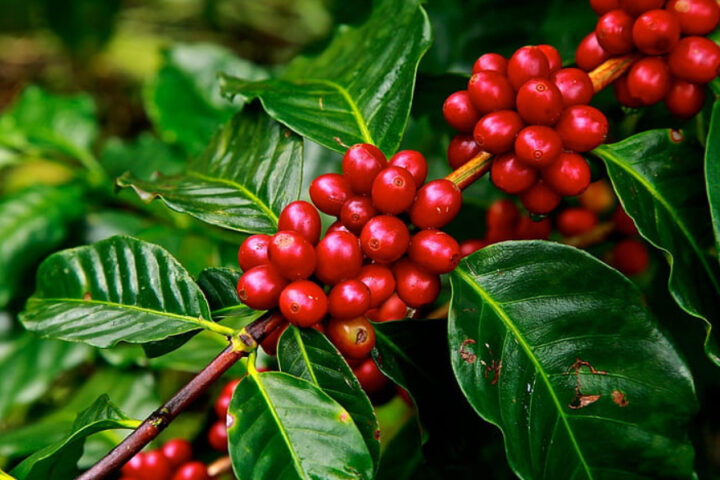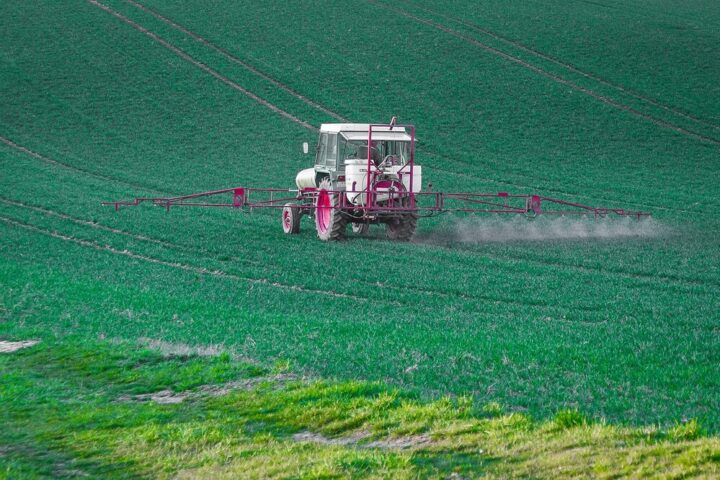Australia’s competition watchdog has launched Federal Court action against four major vegetable suppliers and three executives for allegedly fixing prices on everyday staples sold to ALDI stores across the eastern states.
Veggie Cartel on the Chopping Block
The Australian Competition and Consumer Commission (ACCC) alleges the suppliers coordinated prices on broccoli, cauliflower, iceberg lettuce, cucumber, Brussels sprouts, and zucchini sold to ALDI stores in NSW, Victoria, and Queensland between 2018 and 2024.
The companies named in the case include Perfection Fresh Australia, Hydro Produce (Aust), Veli Velisha Fresh Produce and Velisha National Farms, and M. Fragapane & Sons, along with three senior executives.
“Cartel conduct, whether by coordinating prices or agreeing on terms of bids with competitors, is anti-competitive, and is illegal,” ACCC Chair Gina Cass-Gottlieb said in a statement. “Businesses acting together instead of competing can drive up prices and harm consumers, while disadvantaging other businesses that are seeking to compete fairly.”
Weekly Price-Setting Under Scrutiny
The allegations focus primarily on weekly pricing submissions, where suppliers submit weekly quotes to ALDI for vegetables including broccoli, cauliflower, and iceberg lettuce.
According to court documents, the suppliers allegedly coordinated their pricing submissions on 28 separate occasions. The ACCC further claims that on 48 occasions, one or more suppliers submitted prices to ALDI in accordance with these arrangements.
“In this instance, we allege that price fixing conduct involving some essential household vegetables took place across three states,” Cass-Gottlieb said. “Protecting competition in our fresh food supply chains is extremely important to drive price competition for the benefit of Australian consumers.”
Companies Face Harvest of Penalties
If found guilty, the companies could face substantial penalties under Australia’s strengthened competition laws. For conduct after November 9, 2022, maximum penalties include:
- $50 million per breach for companies
- Three times the value of benefits gained from the conduct
- 30% of turnover during the breach period if benefits can’t be determined
- $2.5 million per breach for individuals
The ACCC is seeking declarations, civil penalties, compliance orders, disqualification orders for the executives, and costs.
Government Pushes for Fair Supermarket Deals
This fresh produce case comes amid broader government scrutiny of Australia’s food retail sector. In a tweet on October 6, 2024, Prime Minister Anthony Albanese emphasized the government’s commitment to supermarket oversight: “We know families are under pressure. And they expect better from the big supermarkets than the fake discounts the ACCC have alleged. It’s about trust. That’s why we’re beefing up the ACCC with more funding to crack down on this sort of behaviour and make sure people get a fair deal.”
The government has followed through on this promise, with the ACCC receiving a $30 million funding boost specifically targeting supermarket pricing conduct.
Supermarket Profits Under the Microscope
The ACCC’s final report on its broader Supermarkets Inquiry, released on March 21, 2025, found Australian supermarkets to be highly profitable by international standards.
The report revealed that ALDI, Coles, and Woolworths’ average earnings were “among the highest of supermarket businesses in relevant comparator countries.” Professor Gary Mortimer of Queensland University of Technology noted in his analysis that the ACCC “did not find the supermarkets were price gouging” despite extensive investigation.
The inquiry determined that since March 2019, food and grocery prices have increased by about 24% in Australia, though this was less than in many other OECD countries. While input costs for supermarkets increased dramatically since the pandemic, the ACCC found that supermarkets also increased certain margins during this time, meaning “at least some of the grocery price increases have resulted in additional profits.”
Fresh Focus on Food Competition
The vegetable price-fixing case represents one aspect of the ACCC’s broader effort to ensure fair competition in Australia’s food supply chains. The commission has previously prosecuted cartels in various industries.
The ACCC’s supermarket inquiry made 20 recommendations to improve competition, including making it easier for smaller competitors to enter the market, requiring notification of package size changes (shrinkflation), and providing an independent body with weekly data about prices paid to fresh produce suppliers.
Consumers who suspect price-fixing can report it through the ACCC’s online cartel reporting tool, which allows anonymous submissions.
The ACCC has taken four major vegetable suppliers and three executives to the Federal Court, alleging they fixed prices on everyday vegetables sold to ALDI stores in NSW, Victoria, and Queensland between 2018 and 2024. The case covers broccoli, cauliflower, iceberg lettuce, cucumber, Brussels sprouts, and zucchini. If proven, the companies could face penalties of up to $50 million, and individuals up to $2.5 million. The matter is now before the court.
